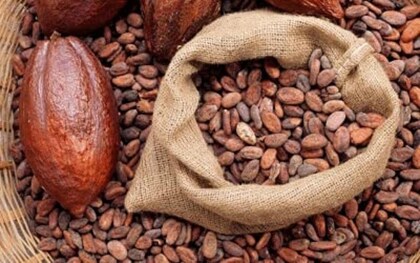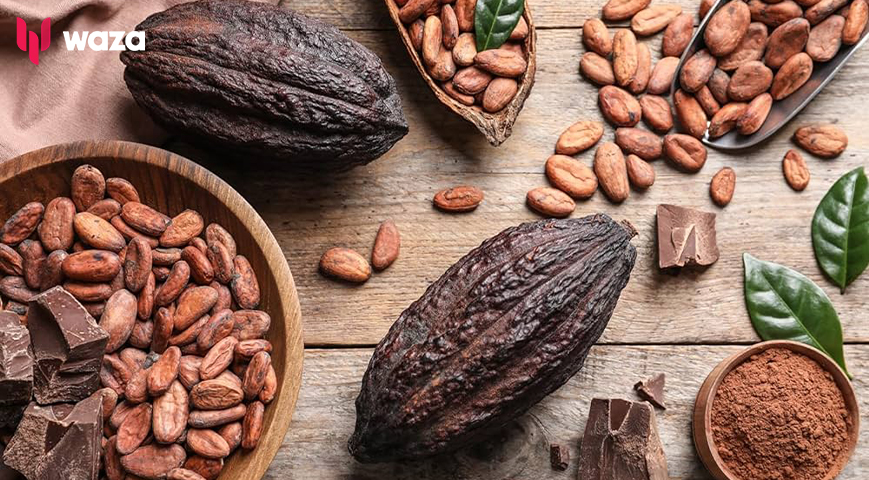According to four trading sources, major African cocoa plants in Ghana and the Ivory Coast have reduced or stopped processing because they cannot afford to buy beans, which will likely cause chocolate prices globally to soar.
Three years of poor harvests have occurred in the two nations that produce almost 60% of the world's cocoa, and a fourth is predicted. As a result, chocolate manufacturers have already raised prices for consumers.
Over the past year, the price of cocoa has more than doubled and reached multiple all-time highs.
"We need massive demand destruction to catch up with the supply destruction," Tropical Research Services' Steve Wateridge, a world expert on cocoa, said.

Did you read this?
Because raw cocoa cannot be used to make chocolate, producers must rely on processors to transform beans into butter and liquor, which can then be turned into chocolate.
However, the processors claim that they cannot pay for the beans.
Transcao, one of nine significant plants in the country and a state-controlled processor of Ivorian beans, announced that it had stopped purchasing beans due to their high cost.
It did not specify its operating capacity; it was only processing from stock. Based on two industry sources, the plant was essentially idle.
They requested anonymity since they lacked the authority to discuss the matter publicly.
According to one of the two sources, additional large state-run plants in Ivory Coast, the world's top grower and producer of almost half of the world's cocoa, may soon close.

According to the same two sources, even multinational trader Cargill had trouble sourcing beans for its central processing facility in Ivory Coast, which caused it to suspend operations for roughly a week last month. An inquiry for comment from Cargill still needs to be answered.
According to two different industry sources, since the season began in October, most of Ghana's eight plants—including the state-owned Cocoa Processing Company (CPC)—have routinely suspended operations for weeks, making it the country's top cocoa grower.
According to CPC, the need for more beans is causing it to operate at about 20% of capacity.
The price rally has disrupted a long-standing system for the international trade of cocoa. Farmers sell their beans to regional dealers, who then resell them to processing facilities or international traders.
These traders then sell beans or cocoa products to major international chocolate manufacturers like Nestle, Hershey, and Mondelez. Products include butter, powder, and cocoa liquor.









